A recent meta-analysis has shed new light on the potential role of vitamin D in periodontal health, revealing that individuals with periodontitis tend to have lower serum vitamin D levels compared to their healthy counterparts. Furthermore, the study suggests that vitamin D supplementation, when combined with nonsurgical periodontal therapy, could significantly improve periodontal clinical parameters.
Periodontitis, a common and severe form of gum disease, has long been a topic of research due to its impact on oral health and its potential systemic consequences. Researchers have been investigating various factors contributing to periodontitis, and among them, the role of vitamin D has been a subject of controversy.
The meta-analysis, which was published in BMC Oral Health, aimed to address these controversies through a comprehensive review of existing research. Researchers conducted a systematic search of five major databases and identified 16 relevant articles for analysis. The study encompassed a diverse range of research designs, including randomized controlled trials, non-randomized studies of intervention, case-control studies, and cross-sectional studies.
One key finding of the meta-analysis was the difference in serum vitamin D levels between individuals with periodontitis and those without the condition. According to the results, individuals with periodontitis exhibited lower serum vitamin D levels compared to the normal population. This association was statistically significant, highlighting a potential link between vitamin D deficiency and periodontal disease.
Additionally, the meta-analysis explored the effects of vitamin D supplementation in conjunction with scaling and root planing (SRP), a common nonsurgical periodontal therapy. The results indicated that SRP combined with vitamin D supplementation had a substantial impact on improving serum vitamin D levels in individuals with periodontitis. This finding underscores the potential benefits of integrating vitamin D supplementation into periodontal treatment protocols.
Furthermore, the combination of SRP and vitamin D supplementation was shown to significantly reduce the clinical attachment level, a crucial parameter in assessing periodontal health. However, it did not produce a substantial effect on probing depth, gingival index, or bleeding index.
In conclusion, this meta-analysis provides valuable insights into the relationship between vitamin D and periodontitis. It suggests that individuals with periodontitis are more likely to have lower serum vitamin D levels and that supplementing with vitamin D during nonsurgical periodontal therapy can yield positive outcomes, particularly in terms of clinical attachment level improvement. These findings have practical implications for clinicians, pointing toward the potential benefits of integrating vitamin D supplementation into periodontal treatment plans.
While further research is needed to confirm these findings and explore the optimal dosage and duration of vitamin D supplementation for periodontal health, this meta-analysis offers promising evidence for its role in preventing and treating periodontal disease in clinical practice. Patients with periodontitis may benefit from discussing vitamin D supplementation options with their healthcare providers as part of a comprehensive periodontal treatment plan.
As the study suggests, maintaining adequate vitamin D levels could be a key factor in promoting healthy gums and preventing the progression of periodontal disease.





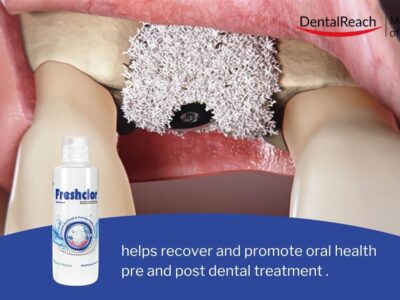
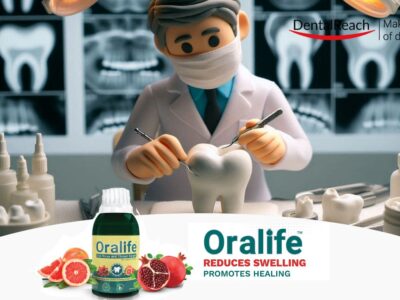
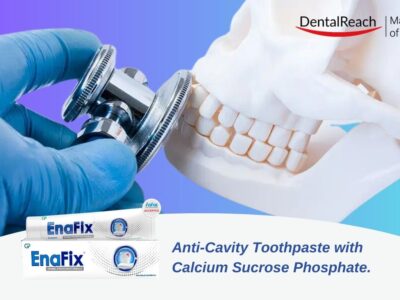
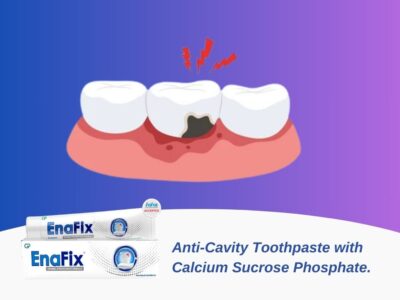
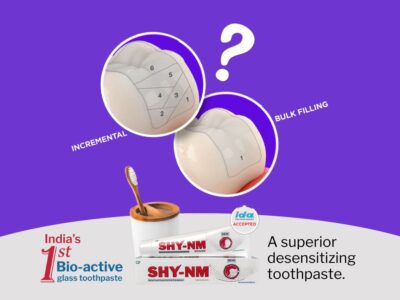
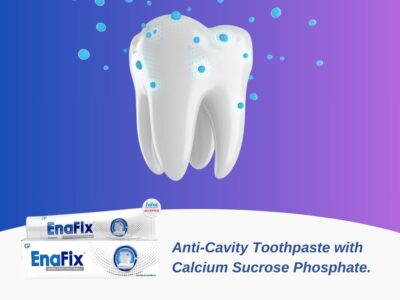








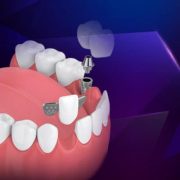
Comments